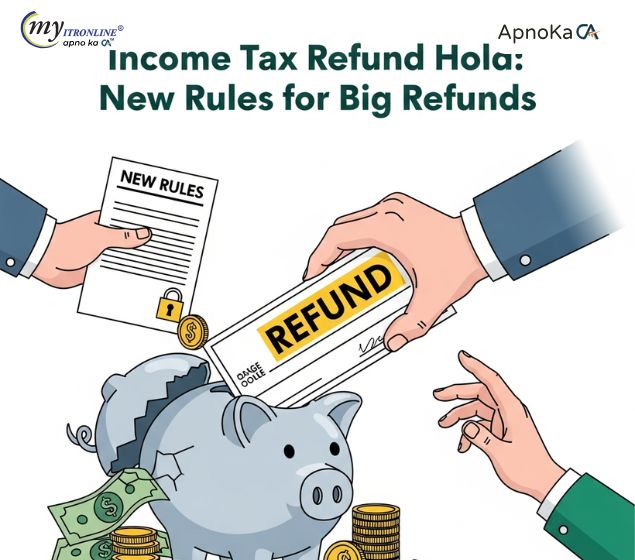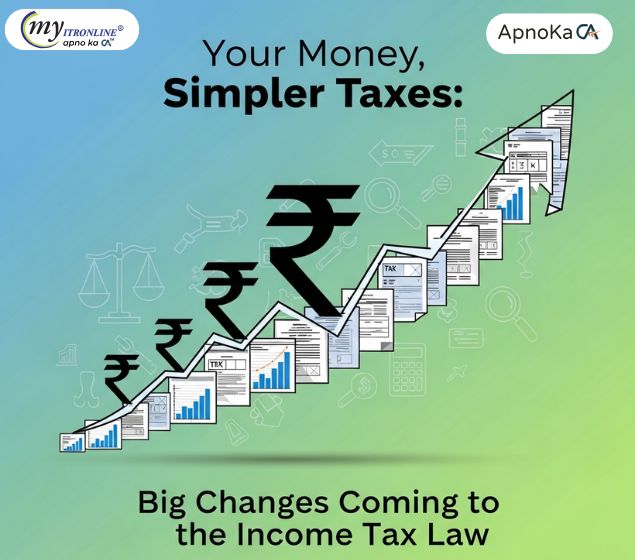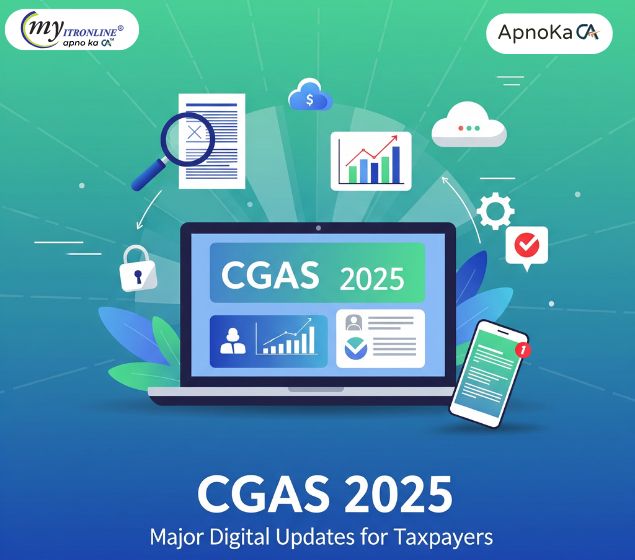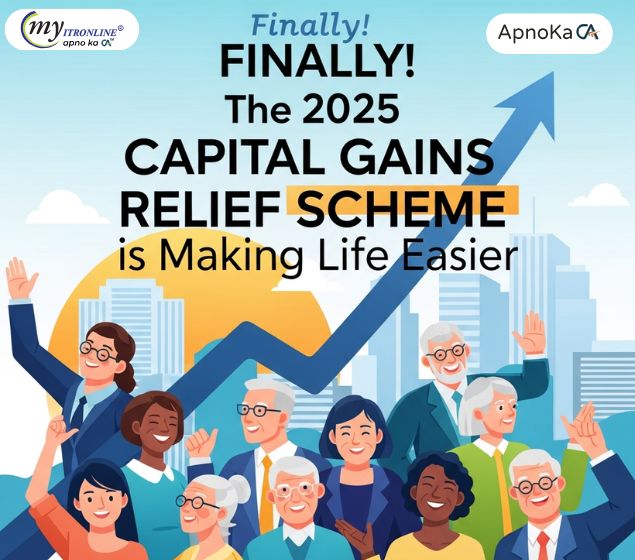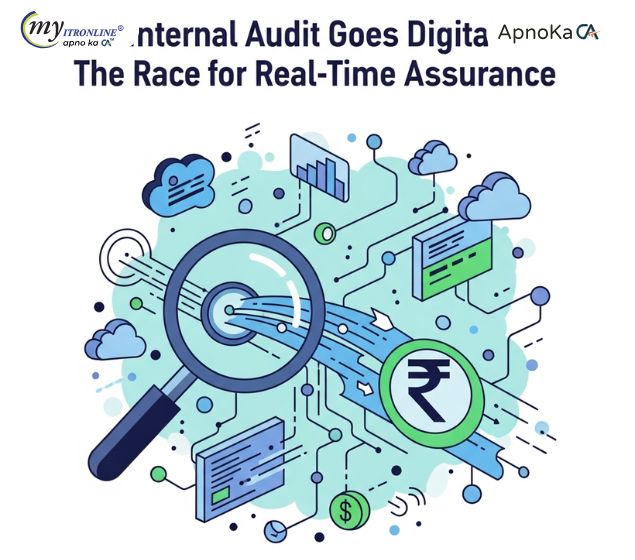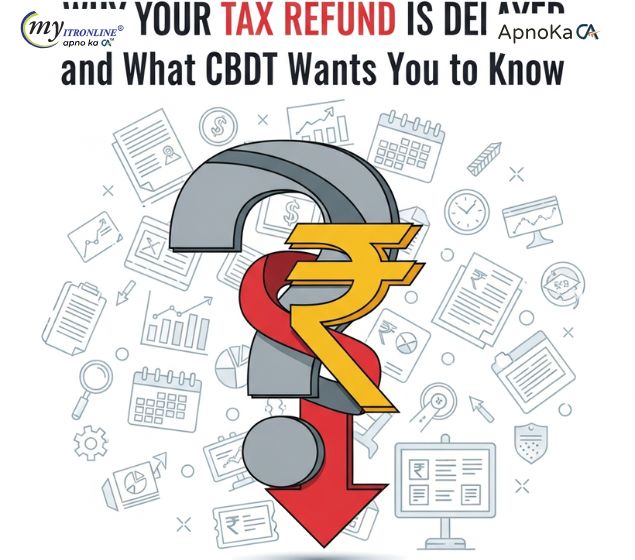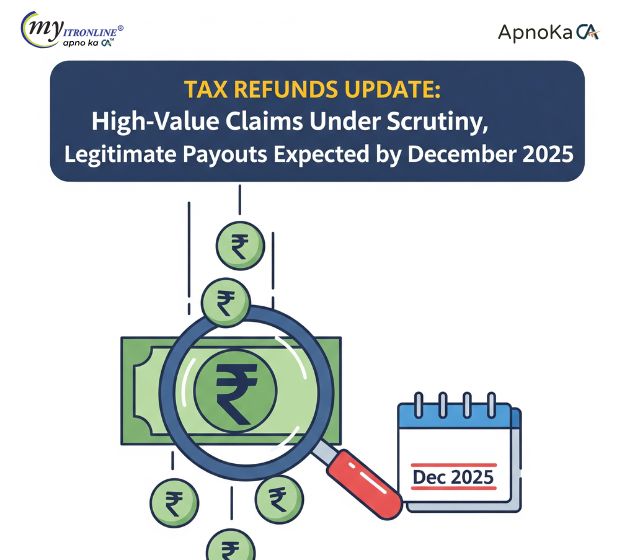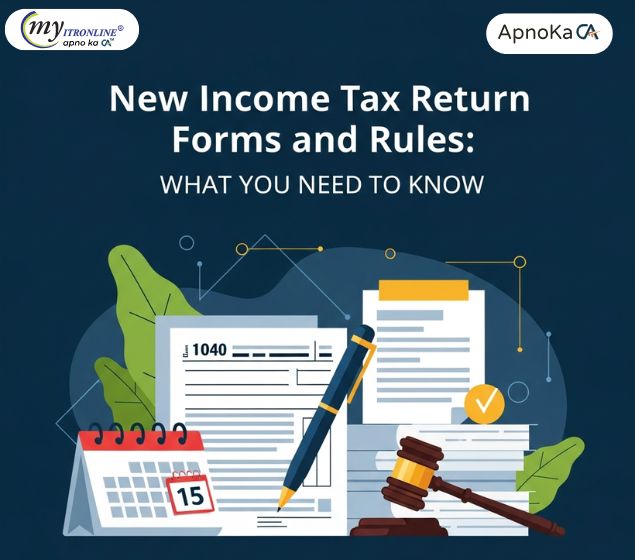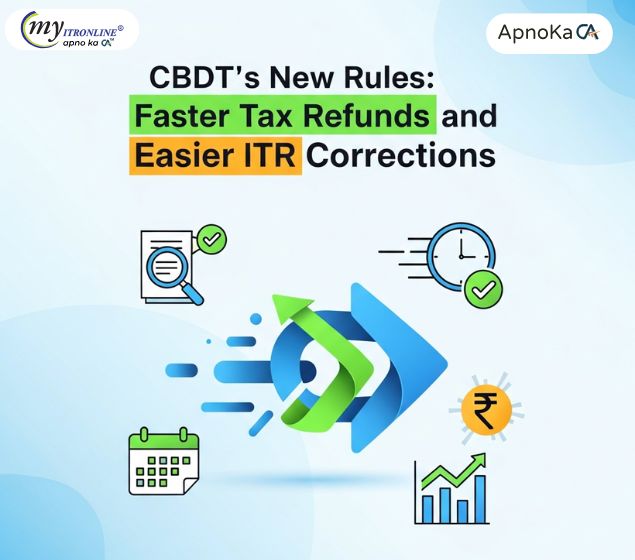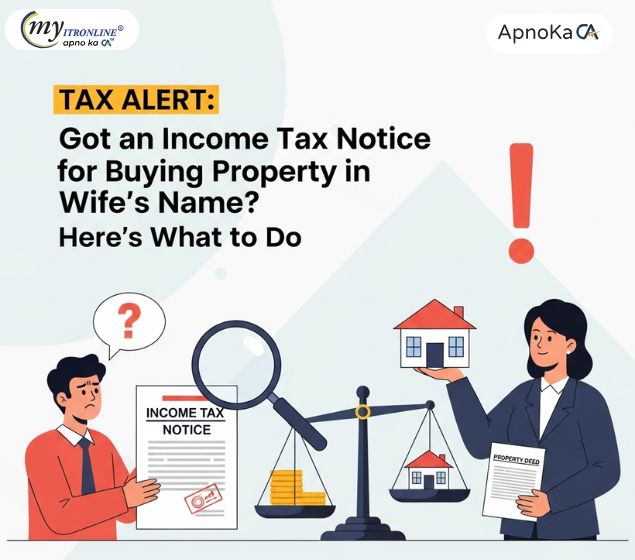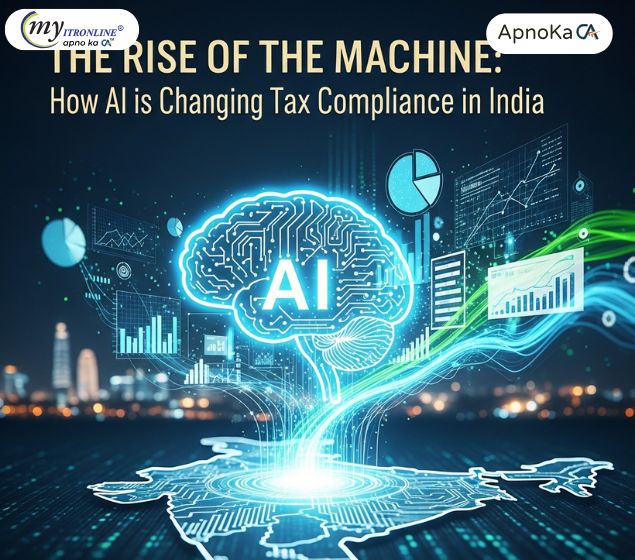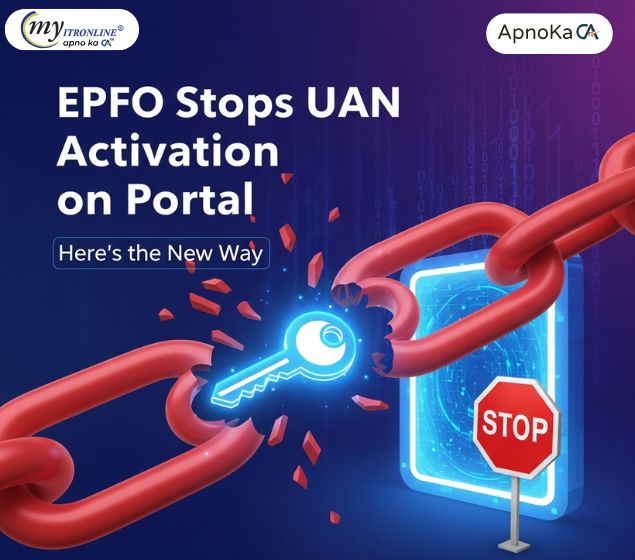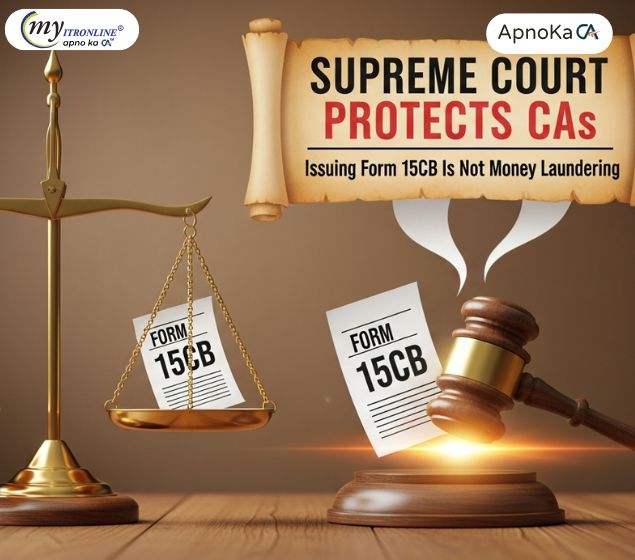FY 2025-26: Navigating the Latest Tax Rules for Digital Assets in India
India's digital asset taxation is maturing. For FY 2025-26, the core 30% tax and 1% TDS on VDAs remain, but expect a wider definition of VDAs and mandatory reporting by exchanges. This blog details current rules and what enhanced compliance means for crypto and other new-age investors.
.jpg )
The digital age has brought a range of new investment opportunities, including cryptocurrencies, Non-Fungible Tokens (NFTs), fractional ownership, and global stocks. While these new-age investments offer exciting potential, they also present unique challenges for taxation. The Indian government is actively working to clarify this changing landscape.
For Financial Year (FY) 2025-26 (Assessment Year 2026-27), there haven’t been major changes to the core taxation framework for Virtual Digital Assets (VDAs), but there are important clarifications and continued focus on compliance. Let’s explore what lies ahead for taxing these digital assets in India.
Decoding Virtual Digital Assets (VDAs):
The Finance Act, 2022, marked a significant shift in India’s approach to digital assets by introducing a specific taxation framework. This framework focuses on "Virtual Digital Assets" (VDAs), which is a broad term that includes cryptocurrencies, NFTs, and other similar digital assets that meet certain criteria.
Here’s a summary of the existing rules that will still apply in FY 2025-26:
Flat 30% Tax on Gains (Section 115BBH):
- Any income generated from the transfer (sale, exchange, or spending) of VDAs is taxed at a flat rate of 30%. This high rate applies regardless of your income slab and whether you held the asset for a short or long term. Unlike traditional assets, there’s no distinction between short-term and long-term capital gains for VDAs.
- The only deductible expense is the cost of acquisition. You cannot claim other expenses, such as mining costs or transaction fees, when calculating your taxable gain from VDA transfers.
- No Set-off of Losses: This is important. Any loss from the transfer of a VDA cannot be set off against other income, including gains from other VDAs, nor can it be carried forward to future financial years. If you lose money on one cryptocurrency but gain on another, you will still pay 30% tax on the gain, with the loss not countable for tax purposes.
1% TDS on VDA Transfers (Section 194S):
A 1% Tax Deducted at Source (TDS) applies to the transfer of VDAs. This measure was introduced to track transactions and promote compliance.
- Who Deducts? This TDS is mainly deducted by crypto exchanges or brokers involved in the transaction. If the transaction occurs outside an exchange, such as peer-to-peer or decentralized platforms, the buyer may need to deduct and deposit the TDS.
- Thresholds: TDS kicks in if the transaction value exceeds:
- ₹50,000 for specific persons (individuals/HUFs without business income exceeding certain limits).
- ₹10,000 for others (including businesses).
- When is it deducted? At the time of credit or payment, whichever comes first.
Important: This 1% TDS is deducted from the total sale amount, not just the profit. Even if you experience a loss on a VDA transfer, the TDS will still be deducted. You can claim this TDS as a credit against your final tax liability.
Taxation of VDA Gifts:
- If you receive a VDA as a gift, its value is taxable under "Income from Other Sources" if the total value of gifts received from non-relatives in a financial year exceeds ₹50,000. Gifts from specified relatives are exempt.
Reporting in ITR (Schedule VDA):
- If you have income from VDAs, you must report it in the dedicated Schedule VDA of your Income Tax Return (ITR). Generally, those with VDA income will need to file ITR-2 or ITR-3, as ITR-1 does not include Schedule VDA.
What's on the Horizon for FY 2025-26 and Beyond?
While the core tax rates remain consistent, the focus is shifting towards better reporting practices, wider definitions, and stricter compliance.
Widened Definition of Virtual Digital Assets:
Budget 2025 has reportedly expanded the definition of VDAs to include any crypto asset that represents value through cryptographically secured distributed ledger technology.
- What this means: This change aims to include new digital assets that might not fit previous definitions but use similar technologies, like blockchain. It’s a proactive measure to ensure new forms of digital value are taxed.
Mandatory Reporting by Exchanges and Entities:
A major change from FY 2025-26 is the mandatory reporting requirement for crypto exchanges and entities dealing with VDAs.
- Impact: This will enhance transparency. Exchanges will have to report transactions in a specified format to tax authorities. This data will appear in the Annual Information Statement (AIS) of taxpayers, making it easier for the Income Tax Department to monitor large crypto transactions and identify non-compliance.
- For Taxpayers: This means your crypto transactions will be pre-filled in your AIS. You must keep accurate records, as discrepancies will be flagged.
Stringent Compliance Rules:
The government is tightening regulations to track crypto transactions more effectively.
- Undisclosed VDAs uncovered during investigations may be taxed at a high rate (reportedly 60%) with no deductions or exemptions, similar to other undisclosed incomes.
- The extension of the time limit to file Updated Returns (ITR-U) to 48 months allows taxpayers to correct past mistakes for undisclosed VDA income, although with extra tax.
No Immediate Changes to Specific New-Age Investments (Other than VDAs):
Other new-age investments, like fractional ownership of real estate or global stocks, are generally taxed under existing categories, such as capital gains or business income, based on their nature and holding periods.
- For instance, gains from global stocks are typically taxed as capital gains, whether short-term or long-term, determined by the holding period and applicable Double Taxation Avoidance Agreement (DTAA) with the relevant country.
- As of Budget 2025, there haven’t been specific new sections or amendments for these categories. Their treatment will continue to be assessed under existing tax laws. The Liberalised Remittance Scheme (LRS) limits for foreign remittances may also be reviewed periodically.
What This Means for You: Be Prepared!
The Indian government’s message is clear: Digital assets are taxable, and compliance is essential.
- Maintain Meticulous Records: Keep detailed records of all your VDA transactions, including dates, values (in INR), and transaction IDs. This is crucial for accurate reporting and reconciling with your AIS.
- Understand Taxable Events: Tax applies not only when you sell crypto for INR but also when you:
- Trade one crypto for another.
- Spend crypto to buy goods or services.
- Receive crypto as a gift (subject to limits).
- Income from mining, staking rewards, or airdrops is taxable as "Income from Other Sources" at your applicable slab rates, which may not be 30%.
- File Correctly: Use the appropriate ITR form (ITR-2 or ITR-3) and fill out Schedule VDA accurately.
- Don't Rely on Exchanges for Full Tax Calculation: While exchanges provide transaction history and deduct TDS, they may not calculate your exact taxable gain or loss according to Indian tax laws. Use dedicated crypto tax software or seek professional help.
- Seek Professional Advice: Given the changing and complex nature of digital asset taxation, it’s wise to consult a qualified tax advisor, especially if you have significant holdings or complex transactions.
Conclusion:
The evolution of digital asset taxation in India is marked by clearer regulations and stricter compliance. Even though the high 30% tax rate and the inability to set off losses remain topics of debate among the crypto community, the government’s focus for FY 2025-26 is on improving transparency and ensuring compliance through better reporting and a wider definition of VDAs.
As these new-age investments continue to influence the financial landscape, staying informed about tax implications will be vital for navigating this dynamic area successfully. The future suggests a more regulated environment, where digital asset investors must prioritize compliance alongside their investment strategy.
FILING YOUR INCOME TAX RETURN F.Y 2024-25 (A.Y. 2025-2026) WITH MYITRONLINE
The income tax filing deadline is right around the corner. If you haven’t filed yet, do it today with Myitronline! Avoid last minute rush and file your tax return today on MYITRONLINE in Just 5 mins.(www.myitronline.com)
If you are looking for eCA assistance to file your income tax return/ GST, you can opt for MYITRONLINE eCA assisted plan starting
Upload Salary Individual Form-16
If you have any questions with filing your tax return, please reply to this mail. info@myitronline.com OR call 9971055886,8130309886.
Note-All the aforementioned information in the article is taken from authentic resources and has been published after moderation. Any change in the information other than fact must be believed as a human error. For queries mail us at marketing@myitronline.com
Krishna Gopal Varshney
An editor at apnokacaKrishna Gopal Varshney, Founder & CEO of Myitronline Global Services Private Limited at Delhi. A dedicated and tireless Expert Service Provider for the clients seeking tax filing assistance and all other essential requirements associated with Business/Professional establishment. Connect to us and let us give the Best Support to make you a Success. Visit our website for latest Business News and IT Updates.
Leave a reply
Your email address will not be published. Required fields are marked *Share this article
Krishna Gopal Varshney, Founder & CEO of Myitronline Global Services Private Limited at Delhi. A dedicated and tireless Expert Service Provider for the clients seeking tax filing assistance and all other essential requirements associated with Business/Professional establishment. Connect to us and let us give the Best Support to make you a Success. Visit our website for latest Business News and IT Updates.
View articles








